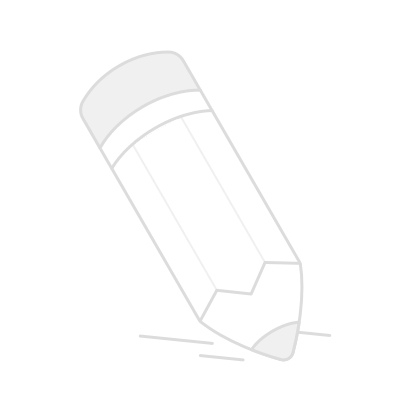“经度问题”是18世纪最棘手的科学难题。在将近两个世纪的时间里,科学家们费尽心机,想找到一种解决方案。当时,整个欧洲的科学界——从伽利略到牛顿——都试图通过绘制天体图,从天空中找到解决方案。而钟表匠约翰·哈里森却独树一帜,大胆地提出了用机械方法(即使用一种能在海上提供精确时间的钟表)来解决该问题。他四十年如一日地潜心制作了后来被称作“精密时计”的完美计时器。
An exciting scientific adventure from the days of wooden ships and iron men, Longitude is full of heroism and chicanery, brilliance and the absurd. It is also a captivating brief history of astronomy, navigation and clockmaking.
During the great ages of exploration, “the longitude problem” was the gravest of all scientific challenges. Lacking the ability to determine their longitude, sailors were literally lost at sea as soon as they lost sight of land. Ships ran aground on rocky shores; those traveling well-known routes were easy prey to pirates.
In 1714, England’s Parliament offered a huge reward to anyone whose method of measuring longitude could be proven successful. The scientific establishment–from Galileo to Sir Isaac Newton–had mapped the heavens in its certainty of a celestial answer. In stark contrast, one man, John Harrison, dared to imagine a mechanical solution–a clock that would keep precise time at sea, something no clock had been able to do on land. And the race was on….













